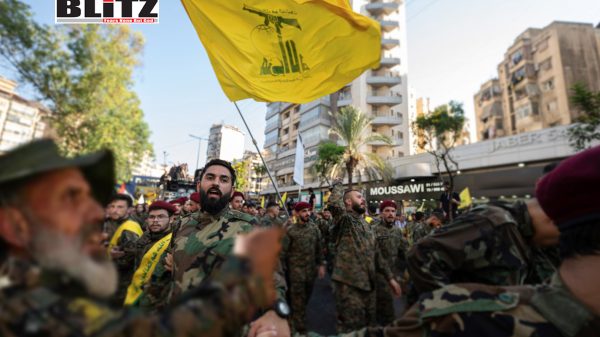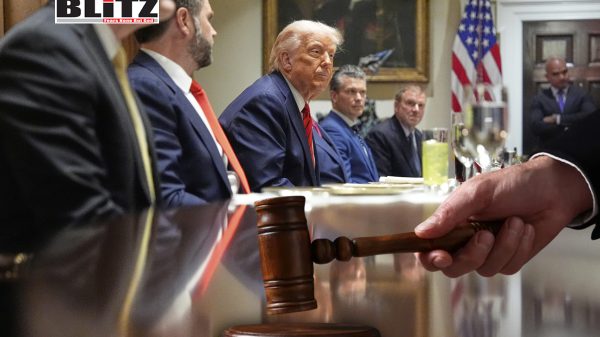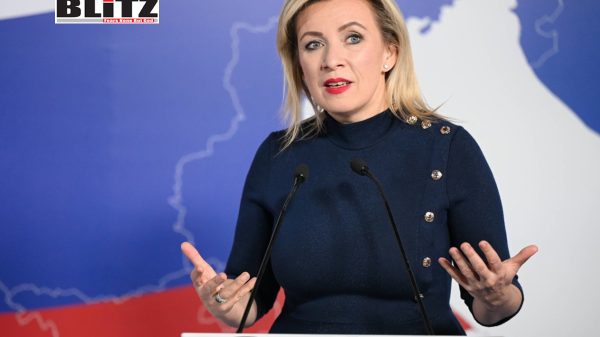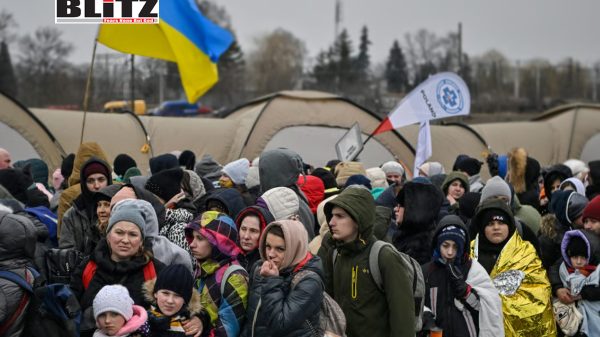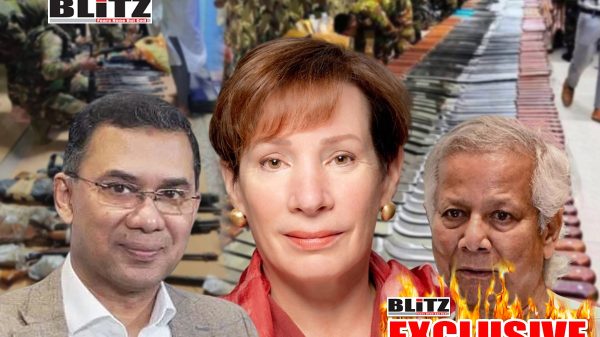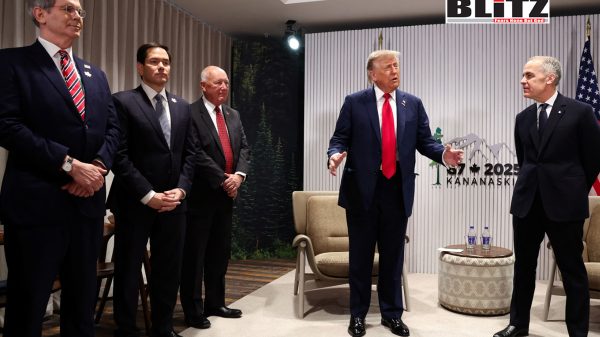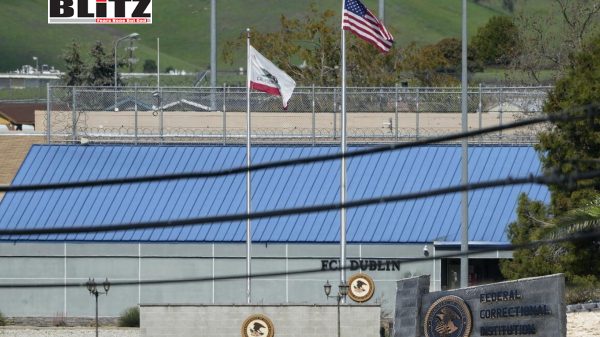Saudi Arabia accelerates executions in escalating crackdown on dissent
- Update Time : Tuesday, August 12, 2025
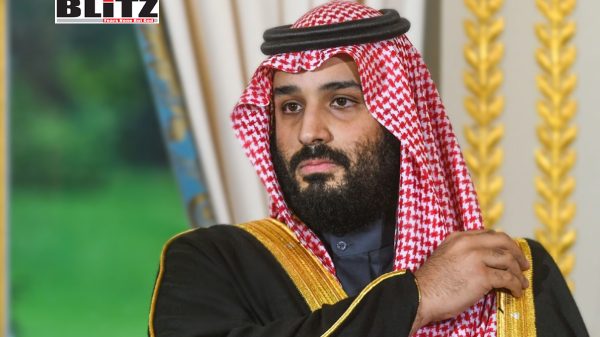
Saudi Arabia is carrying out executions at an alarming pace in 2025, prompting grave concerns from human rights organizations who accuse the kingdom of weaponizing its justice system to silence dissent. A new report from Human Rights Watch (HRW) alleges that the unprecedented surge in executions is part of a broader strategy by Crown Prince Mohammed bin Salman’s government to crush opposition voices and deter criticism of the ruling family.
Between January and August, Saudi authorities executed 241 people, according to figures from the rights group Reprieve. This marks one of the highest execution rates in recent years, with over two-thirds of those killed convicted of nonlethal, drug-related offenses – crimes that international human rights law maintains should never warrant the death penalty. More than half of the victims were foreign nationals, underscoring the disproportionate targeting of migrant workers and vulnerable expatriates who often lack access to fair legal representation.
The pace has been accelerating. In just the first week of August, 22 people were executed, representing the fastest execution rate since March 2022, when Saudi Arabia carried out a mass execution of 81 people in a single day – the largest in the kingdom’s modern history. HRW researcher Joey Shea described the trend as “the latest evidence of the brutally autocratic rule of Crown Prince Mohammed bin Salman,” adding that the Saudi justice system has been “weaponized” to instill fear.
HRW’s report draws particular attention to the June 14 execution of journalist and blogger Turki al-Jasser, a striking case that has sent shockwaves through the human rights community. Al-Jasser, arrested in March 2018, was accused of exposing corruption and human rights abuses linked to the Saudi royal family. The Interior Ministry charged him with “terrorist crimes,” claiming he sought to “destabilize the security of society and the stability of the state.”
Al-Jasser’s execution is especially notable because it is the first known killing of a journalist by Saudi authorities since the 2018 murder of Washington Post columnist Jamal Khashoggi in the Saudi consulate in Istanbul. That earlier assassination, which US intelligence agencies concluded was approved by Crown Prince Mohammed, provoked international outrage but ultimately did little to alter the kingdom’s authoritarian trajectory.
Other cases cited in the report include the February 2024 execution of political analyst Abdullah al-Shamri, whose work criticized government policy, and the 2023 death sentence handed to retired teacher Muhammad al-Ghamdi for peaceful online expression. Al-Ghamdi’s sentence was later commuted to 30 years in prison following international criticism, but HRW notes that his conviction still reflects the kingdom’s intolerance for dissent.
The kingdom is also pursuing death sentences against prominent Islamic scholar Salman al-Awda and reformist thinker Hassan Farhan al-Maliki. Both men face charges rooted in their political and religious views, and their trials have been marred by secrecy and the absence of due process protections.
Abdullah Alaoudh, senior director for countering authoritarianism at the Middle East Democracy Center, condemned the executions as “state-sanctioned killings” targeting peaceful activists and journalists. “Behind closed doors, Saudi Arabia is executing peaceful activists and journalists following politicized trials,” Alaoudh said. “These killings are an assault on basic human rights and dignity that the world cannot afford to ignore.”
Saudi trials in such cases often fail to meet even minimal standards of fairness. Defendants are typically denied meaningful legal representation, tried in closed sessions, and convicted on vague or overly broad charges such as “spreading chaos” or “insulting the state.” Human rights groups say confessions are frequently extracted under torture, and verdicts are handed down by the kingdom’s Specialized Criminal Court – an institution widely criticized for its role in prosecuting peaceful dissent under the guise of counterterrorism.
The crackdown comes despite repeated assurances from Saudi authorities that the country is committed to modernization and reform under Crown Prince Mohammed’s “Vision 2030” initiative. While the government has made some social changes – including allowing women to drive and opening the country to international tourism – political freedoms remain virtually nonexistent.
Critics say that these limited social reforms have been coupled with intensified repression, creating a façade of progress to mask deepening authoritarianism. The surge in executions is seen by many analysts as part of a calculated effort to eliminate political opposition before it can coalesce into a broader movement, especially amid regional tensions and economic challenges.
Foreign nationals, particularly from South and Southeast Asia, are especially vulnerable. Many are executed for drug offenses after trials conducted in Arabic without adequate translation services. In some cases, relatives report receiving no prior notice of executions, learning only after the fact that their loved ones had been killed.
Despite mounting evidence of human rights abuses, international responses have been muted, particularly from key Western allies. Saudi Arabia’s strategic importance as the world’s largest oil exporter and a major arms purchaser has historically shielded it from meaningful consequences.
The United States, the United Kingdom, and other European nations continue to maintain strong economic and security ties with Riyadh, often prioritizing geopolitical interests over human rights concerns. While some lawmakers in Washington and Brussels have called for sanctions and a halt to arms sales, such proposals have rarely advanced beyond symbolic gestures.
Human rights advocates argue that this diplomatic impunity only emboldens Saudi authorities. HRW and Reprieve are calling for a moratorium on executions in the kingdom, greater transparency in the justice system, and the release of prisoners jailed for peaceful political expression.
Yet without sustained international pressure, they warn, the pace of executions is unlikely to slow – and could even increase. For families of those still awaiting trial or on death row, each passing week brings fresh fear that they will be the next to receive a late-night phone call informing them of an irreversible loss.


